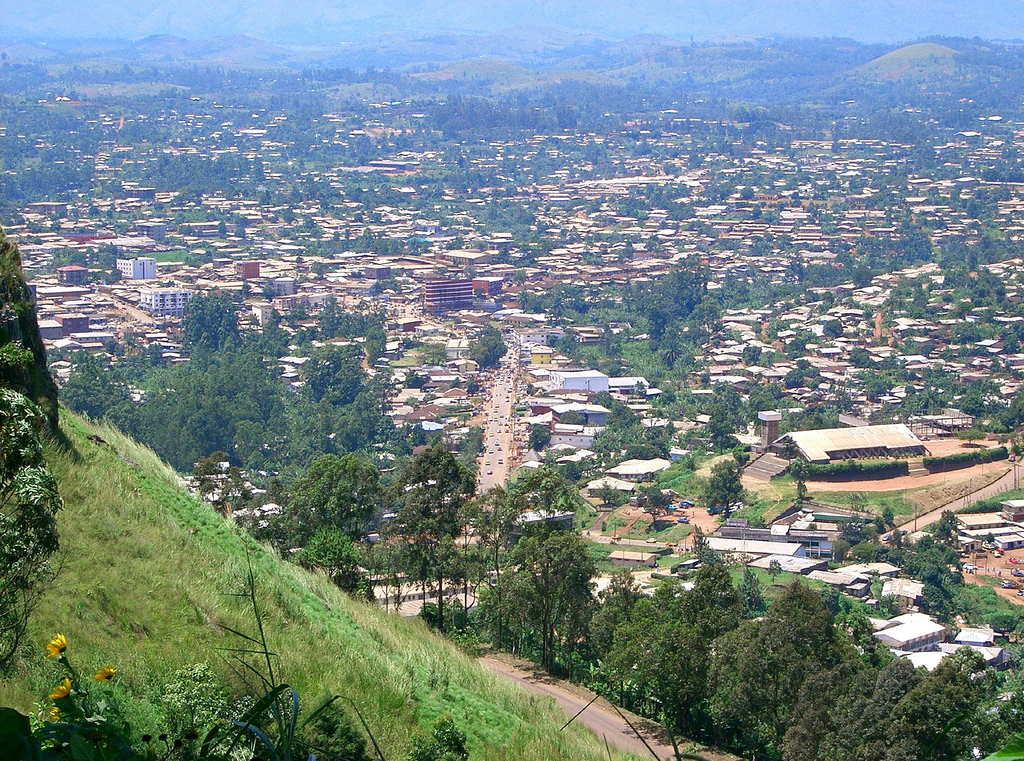The approach of the start of the school year is exacerbating insecurity, deeply worrying residents. The start of the school year is often marked by an intensification of separatist attacks, which aim to enforce their order not to open schools.
Four weeks before the start of the school year scheduled for September 2, acts of violence are increasing in the crisis-ridden North-West region. Two vehicles used as taxis were set on fire in the Bamenda II district commune this week. The attackers arrived in a group at the roundabout near the Bamenda Regional Hospital. Firing shots in the air, they dispersed residents and security forces. In a few minutes, they ordered the occupants of two taxis to get out of the vehicles. Then, they set fire to these two taxis before disappearing into the wild. This act is seen as an illustration of the separatist threats weighing on taxis and motorcycle taxis operating in the North-West. The separatists are asking them to paint their vehicles in the colours of the fictitious state of “Ambazonia”.
The burning of the two taxis is not the only act of violence recorded in the North-West region this week. The localities of Mbengwi and Ndjimbi were the target of attacks, with one man kidnapped and others injured.
As the start of the new school year approaches, insecurity is a concern for residents. The back-to-school period has often been one of the times when separatists step up attacks. Their goal is to enforce their request not to open schools. Students, teachers, parents and other stakeholders in the educational community have in the past been victims of attacks either on the eve of the start of the school year, at the start of the school year or during the first weeks of the school year.
In Cameroon’s English-speaking regions, the seven-year-old separatist conflict continues. As NGOs and organizations continue to warn of the deteriorating humanitarian situation, an English-speaking leader implores the international community to pressure the Yaoundé regime to end the war. “The United Nations situation report on the conflict in southern Cameroon states that approximately ‘3,000 people fled violence in the South-West region between 16 and 26 February.’ This is huge. The war continues to be underestimated. From south to north, the situation is getting worse. The international community must not remain silent. It is time to force Biya to negotiate and end the suffering of the people of the former British Southern Cameroons,” wrote activist Mark Bareta, who lives in Norway.
While official channels for discussion exist between the two parties, talks are struggling to emerge. The Yaoundé regime denied last year that it had mandated Canada to mediate in order to find a peaceful solution to the crisis. On the ground, it is the status quo. The army and the separatists continue to fight.

